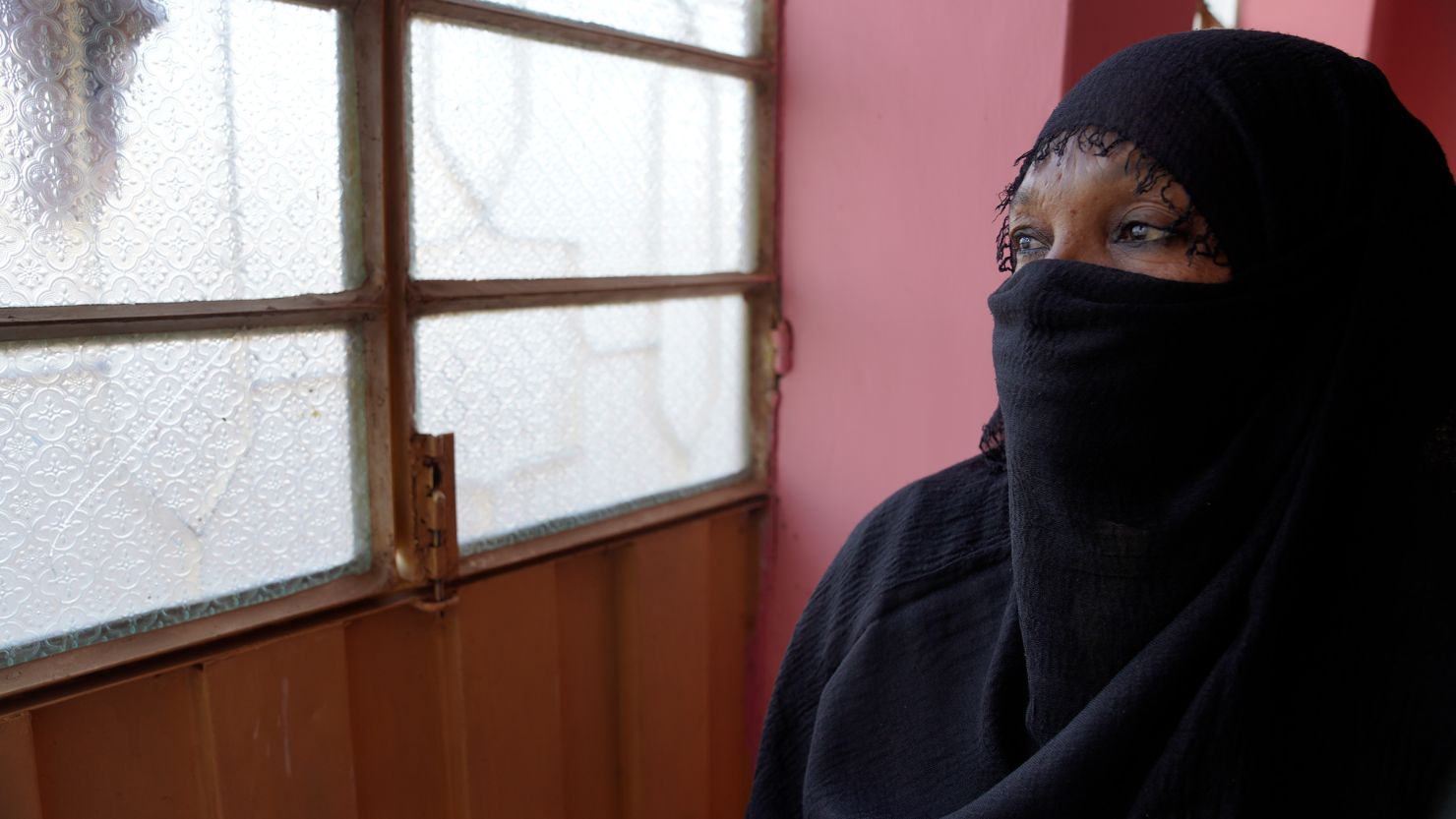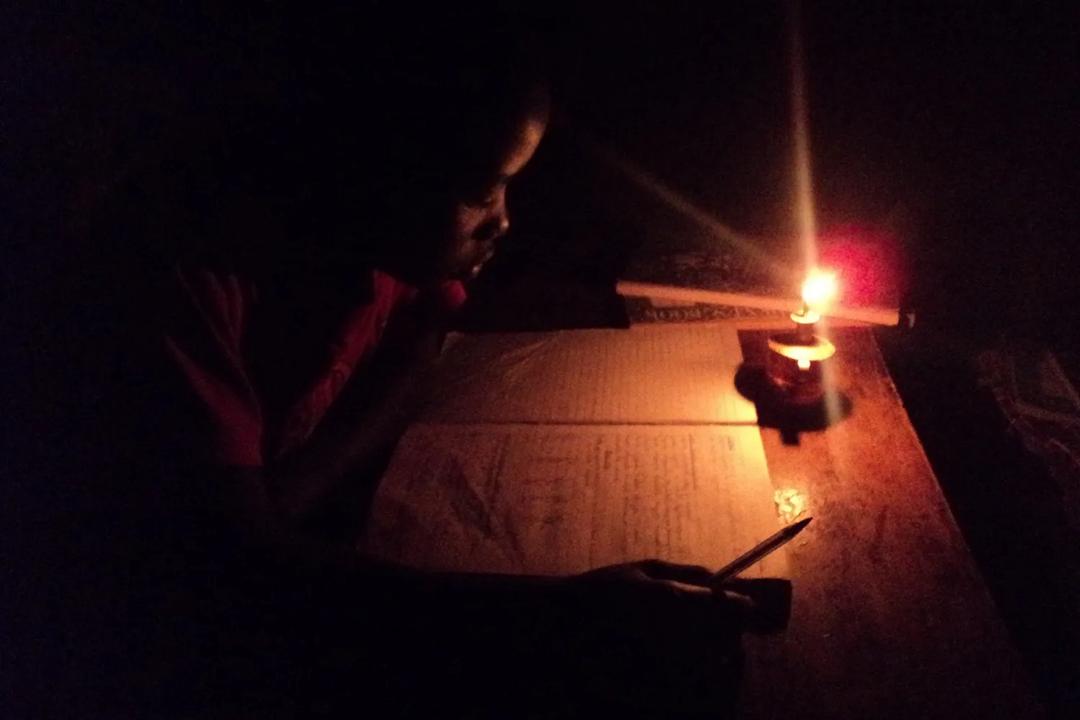PRETORIA – South Africa’s economy exited its first recession in almost two decades, growing by 0,9 per cent in the third quarter on a seasonally adjusted and annualised basis, Statistics South Africa said yesterday.
Analysts said the better-than-expected GDP figure for the third quarter meant the country’s monetary loosening cycle was over.The third quarter growth came after three consecutive quarters of decline and from a revised decline of 2,8 per cent in the second quarter, better than the 3,0 per cent first estimate.On an unadjusted basis, the economy fell by 2,1 percent year-on-year.The unadjusted real GDP for the first 9 months of 2009 was down 1,8 per cent on the same period last year, pointing to a contraction for the year roughly in line with the Treasury’s forecast of a 1,9 per cent fall.’The short-term indicators seem to tell us that the economy is picking up but long-term indicators tell us the economy is still (weak),’ said Joe De Beer, head of economic analysis and research at Stats SA.’South Africa’s better-than-expected GDP outcome closes the door on any further interest rate cuts, and potentially brings the timing of the first rate hike closer,’ said Annabel Bishop, economist at Investec.The central bank has since December cut interest rates by five percentage points to help stimulate the economy and left rates unchanged at its three previous meetings.She added however that ‘a sharp, V-shaped recovery is still unlikely’ due to the country’s heavy dependence on global demand and the high job losses and company failures locally.News24 quoted Stanlib economist Kevin Lings saying that although growth in the third quarter was obviously good news, it should be seen in the context of a manufacturing sector that had been severely hurt during the recession. The industry was in line for a recovery.’In South Africa, as in the rest of the world, the recession happened in fast forward, hitting the production side of the economy hard.’Inventories were depleted, and while that was happening, machines were shut off. Now that there’s no more inventory left, firms are producing again. But their future will depend on the consumer, who remains under pressure,’ Lings told News24.Econometrix economist George Glynos pointed out that manufacturing output rose 7,6 per cent, while the retail sector was down 1,1 per cent.Also noticeable, he said, was the fact that strong growth in the construction sector had cooled down to 6,1 per cent. – Nampa-Reuters and News24
Stay informed with The Namibian – your source for credible journalism. Get in-depth reporting and opinions for
only N$85 a month. Invest in journalism, invest in democracy –
Subscribe Now!










